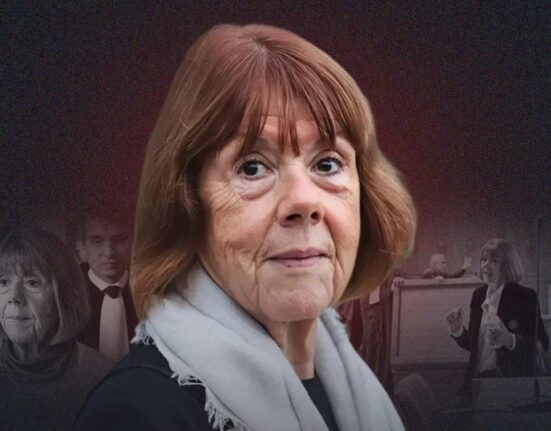Cases of PTSD were first described thousands of years ago. Clearly documented during the First World War when soldiers developed shell shock or combat fatigue as a result of the harrowing conditions in the trenches. But the condition wasn’t officially recognized as a mental health condition until 1980; in 1980, its first appearance in the third edition of the Diagnostic and Statistical Manual of Mental Disorders(DSM-III) was made. Psychological reactions occur after an individual is exposed to a stressful event (physical violence, wartime combat, or a natural disaster ) or traumatic situation in which the individual experienced, witnessed or was confronted with a threat to the physical integrity of self or others. Around 20% of people experiencing a traumatic event may develop PTSD.
How to Recognize Signs of PTSD
Normal stress reactions after trauma can be Poor concentration; Disturbed sleep, Appetite, Libido; Irritability; Acute Distress; Dissociation and Denial; Self-destructive behaviour; Persistent fear and anxiety, especially when reminded of the trauma, leading to Avoidance Behaviour; Intrusive phenomena: Thoughts, Flashbacks, Nightmares. The onset can be immediate (symptoms may start within one month) or delayed.
What causes PTSD
Traumatic Events that can lead to PTSD are Sexual Abuse, War, Sudden death of a loved one, Assault, Rape, Physical Abuse, Natural disasters, Car or plane Crashes, Childhood neglect, Kidnapping, and Terrorism.
How likely a person can get PTSD
The possibility of someone getting PTSD depends on many factors, such as :
- How severe the distressing event was.
- If you were injured or not
- The magnitude of your reaction.
- Whether someone close to you was in danger or not.
- How much your life was in danger
Statements make people suspect PTSD after Trauma:
- “I’m just not the same person anymore. I don’t fit in, and I don’t belong.”
- “I’m departed inside; I don’t feel anything anymore.”
- “You just can’t believe people or let them close.”
- “I don’t want to interact with anyone.”
Signs and Symptoms:
- Intrusive: The person persistently re-experiences the traumatic event.
- Avoidance symptoms and numbing of general responsiveness: These are ways in which the person tries to avoid anything associated with the traumatic event.
- Symptoms of heightened arousal: This may be similar to anxiety or panic attacks.
Ways to recover your Mental Health from PTSD
The primary strategy for coping with PTSD is psychotherapy, which can also include medication. Combining these treatments can help improve your condition by:
- Teaching you ways to deal with the symptoms.
- Helping you think good about yourself, others and the world.
- Mastering ways to deal if any symptoms arise.
- Treating other co-occurring conditions often related to traumatic experiences, such as depression, anxiety, misuse of alcohol or drugs.
Family Therapy:
It focuses primarily on the relationship between trauma survivors and family members, such that it can help the loved ones understand what the victim is going through.
Eye Movement Desensitization and Reprocessing (EMDR):
Incorporates elements of cognitive-behavioural therapy with guided eye movements or other forms of rhythmic, left-right stimulation, such as hand taps or sounds that can help you process traumatic memories and change how you respond to them.
Cognitive Behaviour Therapy
Cognitive-Behavioural therapy for PTSD And trauma involves talk therapy, carefully and gradually ‘exposing’ self to thoughts, feelings, and situations that remind the person of the trauma.
Group Therapy
Talking with a group of people who also have been through trauma is associated with improving PTSD.
Medication
That is usually used to help post-traumatic stress disorder sufferers include Anti-anxiety medications, Antidepressants, and Prazosin.
You don’t have to try to deal with the burden of PTSD by yourself; seek help from Mental Health Professional.













Leave feedback about this